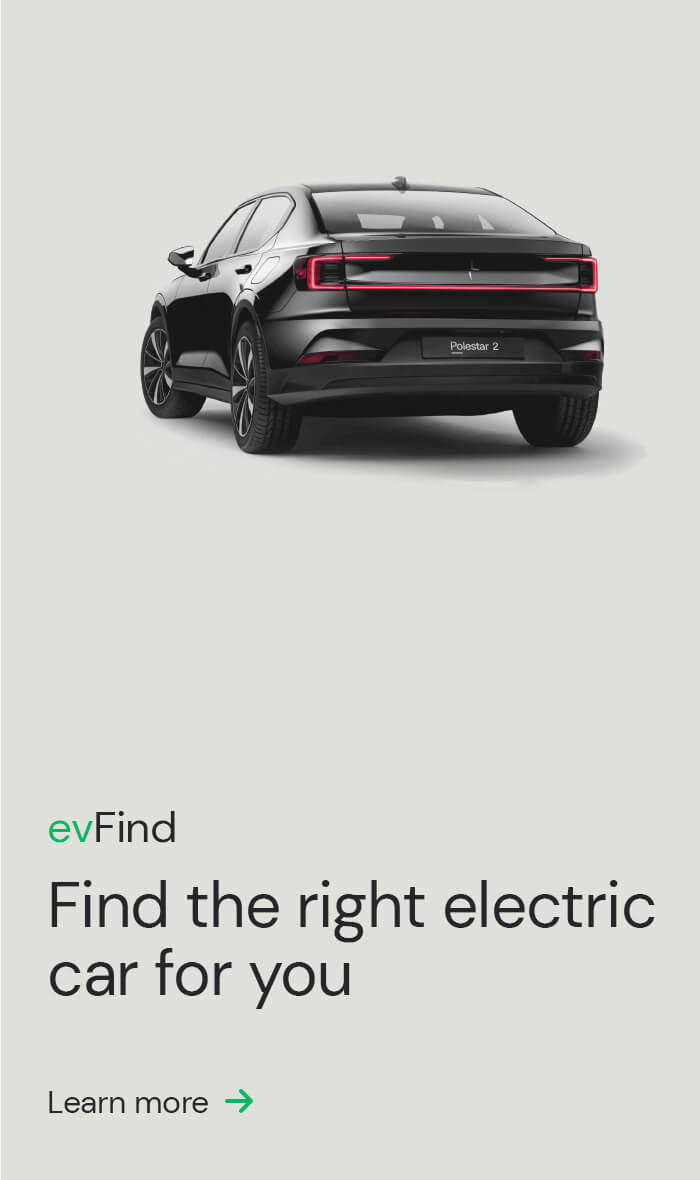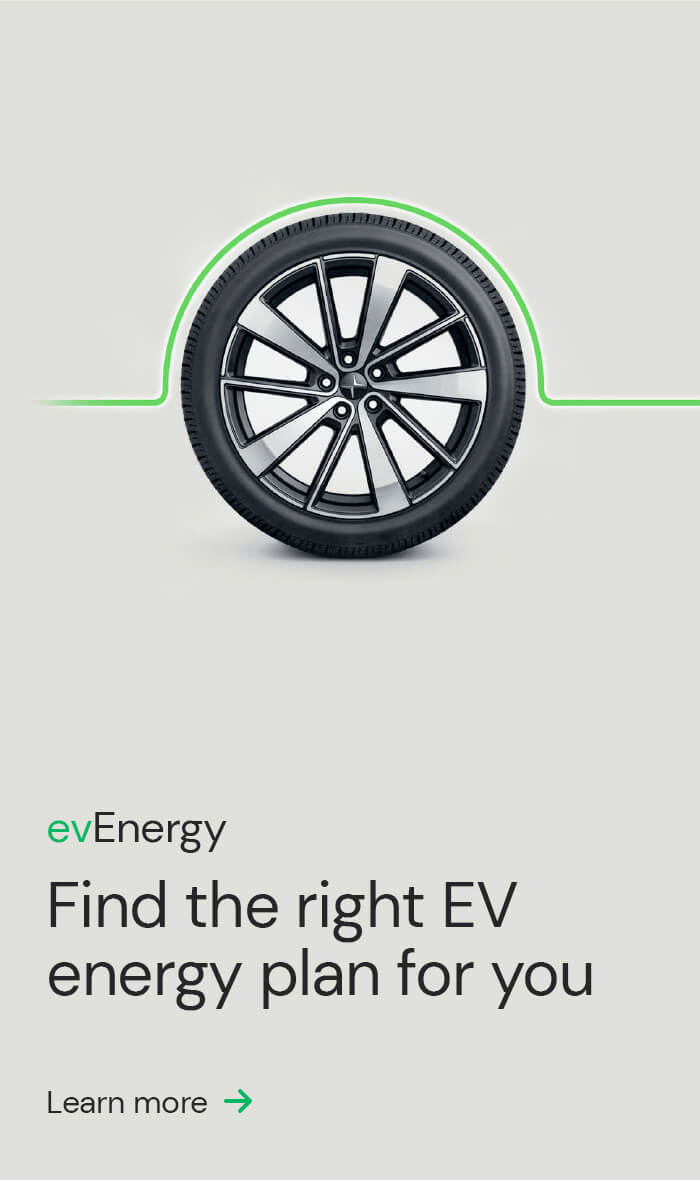Are electric vehicles better?
In many ways, yes. As EV technology evolves and progresses at lightning speed, they’re consistently surpassing their fuel-powered counterparts in terms of performance, efficiency, and sustainability.
In an analysis of electric cars vs traditional cars, let’s look at how EVs can outperform across many metrics. You’ll see why making the switch to zero-emissions driving is the smarter choice.
EVs are more energy efficient
According to the US Department of Energy, EVs convert over 77% of the electrical energy from the grid to power at the wheels. Conventional cars only convert about 12%–30% of the energy from petrol to power at the wheels. This means EVs are a much more efficient & environmentally friendly drive.
EVs accelerate faster
You may have heard of EVs’ famous instant torque. As soon as your foot hits the accelerator you immediately get all the power the motor is capable of. Without the need to cycle through gears, the result is super-quick acceleration.
EVs do not experience brake fade
When a traditional car’s brakes are used repeatedly – especially at high speeds – it can cause brake fade from the excessive heat generated. This results in the brakes losing their effectiveness which can be dangerous.
Electric cars have a regenerative braking system. This allows the motor to act as a generator that converts the kinetic energy lost when braking back into the battery, reducing the likelihood of brake fade or pad replacement.
EVs are more convenient
When a traditional car needs refuelling, owners need to call-in at a petrol station. EVs can be charged at home overnight so it’s always full and ready to hit the road next morning. Using a smart charger with our evCharge Plan, will determine the best time to charge when energy rates are at their lowest.
EVs are better for the environment
Transport is Australia’s third largest source of greenhouse gas emissions, with the highest rate of growth. Electric cars are a greener, more sustainable driving alternative that can significantly help reduce the country’s carbon footprint.
As well as zero CO2 emissions, EVs do not emit dangerous chemicals that are harmful to human lung health like carbon monoxide, nitrogen dioxide, particles, and sulphur dioxide.
Summary
- When it comes to EVs vs normal cars, electric vehicles outperform them in many ways.
- EVs convert over 77% of the electrical energy to power at the wheels, compared to 12%–30% from regular cars.
- EVs have instant torque making them able to accelerate faster.
- EVs have a regenerative braking system that reduces the chance of brake fade.
- EVs can be charged at home overnight making them more convenient.
- EVs do not emit carbon dioxide or other dangerous chemicals and particles that are harmful to environmental and human health.
Are you considering making the switch to an electric vehicle? ActewAGL can help you effortlessly find, finance and charge your EV. Discover how ActewAGL can support your transition to sustainable driving today.
Sources
https://www.fueleconomy.gov/feg/evtech.shtml
https://www.climatecouncil.org.au/wp-content/uploads/2017/09/FactSheet-Transport.pdf



